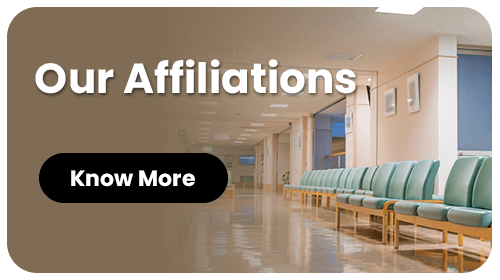Medical Library
Learn about the Brain and Nervous System.
Alzheimer’s Disease
Alzheimer’s disease is the most common form of dementia, leading to memory loss, behavioral changes and other health problems. There is currently no cure for Alzheimer’s disease, but there are medications for Alzheimer’s disease that help to slow the development of dementia and provide relief from some of the symptoms.Caregivers are often in need of resources to help them care for their loved ones with Alzheimer’s disease.
Fibromyalgia
Fibromyalgia is a common and chronic disorder that causes widespread muscle pain, fatigue, and multiple tender points. Fibromyalgia can interfere significantly with a person’s ability to carry on daily activities. Fibromyalgia treatment options includes getting sufficient sleep and exercise, as well as medications that may be help to control pain.
Headaches
Headaches are very common, but can be very disabling for some. There are different types of headaches, including migraine headaches, tension-type headaches, cluster headaches and hormonal headaches. Headache treatments are available that can relieve and prevent headaches, including a class of headache medications called triptans. Your neurologist will recommend a headache treatment plan based on several factors, including your type of headache, its frequency and severity.
Multiple Sclerosis (MS)
Multiple sclerosis is a chronic, often disabling neurologic disease that causes a wide variety of symptoms, including fatigue, visual changes, numbness, and spasticity. Most people with multiple sclerosis have a type called “relapsing-remitting MS” which leads to periods of worsening symptoms (exacerbations) followed by remissions. Although there is presently no cure for MS, there are “disease-modifying” medications that may be recommended by your neurologist. These multiple sclerosis medications can reduce the number of exacerbations and improve long-term function.
Peripheral Neuropathy
A peripheral neuropathy is a disorder of the peripheral nerves that connect the spinal cord to muscles, skin and internal organs. It often affects the hands and feet, causing weakness, numbness, tingling and pain. Peripheral neuropathy’s course is variable; it can come and go, slowly progressing over many years, or it can become severe and debilitating. However, if diagnosed early, peripheral neuropathy can often be controlled.
Spinal Cord Injury (SCI)
Spinal cord injury results in muscle weakness and sensory loss at and below the point of the injury. The severity of symptoms depends on whether the entire cord is severely injured (complete) or only partially injured (incomplete), and the level of injury. Injuries in the upper region of the spine (cervical spine) result in more extensive disability than do injuries low in the spine. Paralysis and loss of sensation of part of the body are common. This includes total paralysis or numbness and varying degrees of movement or sensation loss. Bowel and bladder problems are common and require additional care. Most people with spinal cord injury are wheelchair or bed-bound, or have impaired mobility requiring a variety of assistive devices.
Parkinson’s Disease (PD)
Parkinson’s disease is a movement disorder that leads to tremor (shaking), slowness of movement, stiffness and difficulty with balance. It results from the loss of brain cells that produce a neurotransmitter called “dopamine”. Parkinson’s medications may be prescribed that help to increase dopamine levels in the brain.
Stroke
Stroke, also called a “brain attack” occurs, when a blood vessel that carries oxygen to the brain is either blocked by a clot, or bursts. The nerve cells in that part of the brain stop functioning normal. The symptoms depend on the area of the brain affected. Symptoms of a stroke include:
- Sudden numbness or weakness, especially on one side of the body
- Sudden confusion or trouble speaking or understanding speech
- Sudden trouble seeing in one or both eyes
- Sudden trouble walking, dizziness, or loss of balance or coordination
- Sudden severe headache with no known cause
If you suspect you or someone you know is experiencing any of these symptoms indicative of a stroke, do not wait. Call 911 emergency immediately. There are now effective therapies for stroke that must be administered at a hospital, but they lose their effectiveness if not given within the first 3 hours after stroke symptoms appear. Every minute counts! Stroke Rehabilitation Stroke rehabilitation helps stroke survivors relearn skills that are lost when part of the brain is damaged. Caregivers are often in need of resources to help them care for their loved ones with Alzheimer’s disease



